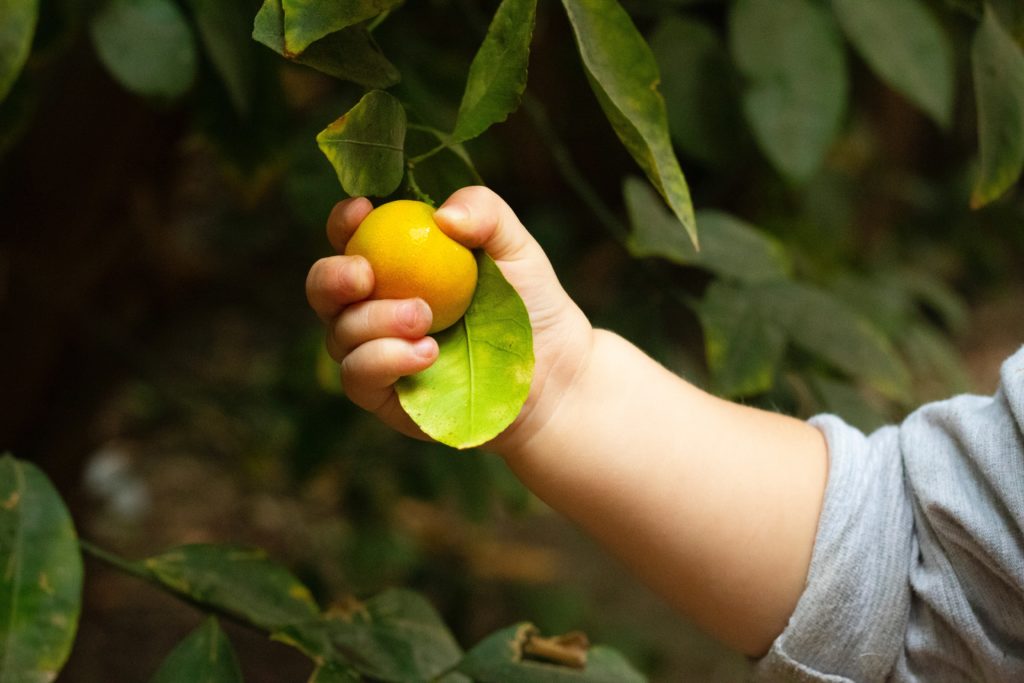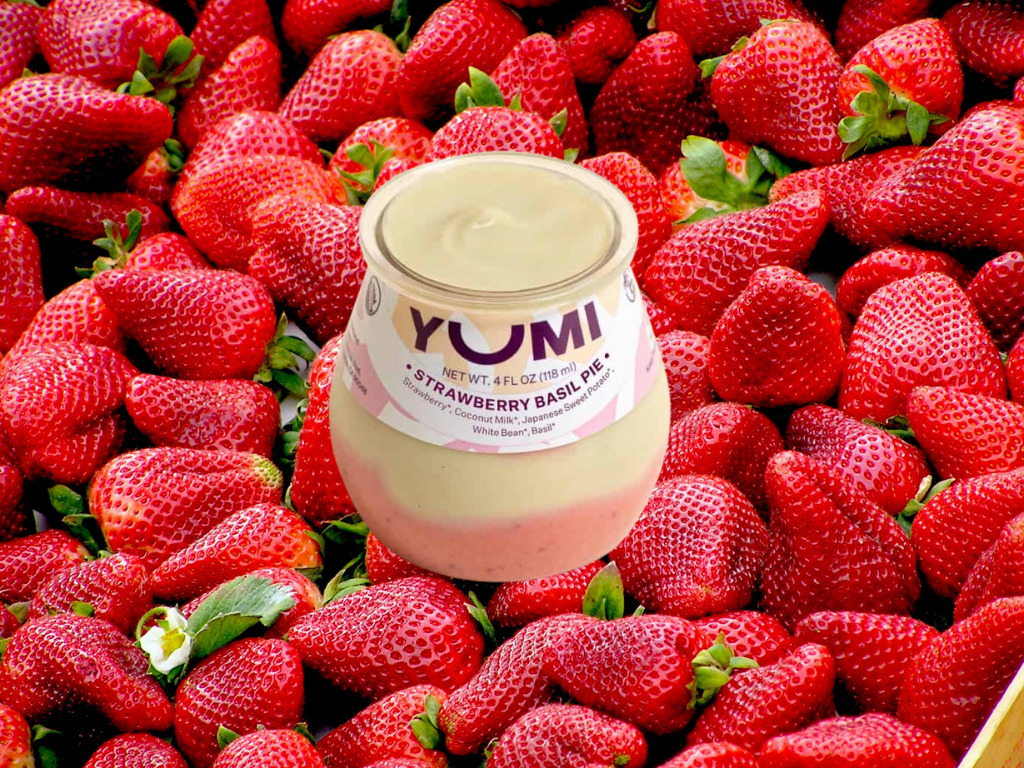3 Mins Read
Los Angeles-based Yumi has announced the closing of a successful $67 million series B funding round, bringing total company funding to $79 million since its 2017 launch. Jazz Ventures Partners, AF Ventures, and 23andMe’s Anne Wojcicki led the round. Funding will be used to create a seamless omnichannel distribution experience for consumers.
The women-founded company expanded nationally in 2019. Angela Sutherland, Yumi’s co-founder and CEO, told Forbes that Yumi feeds an estimated three percent of all U.S. babies. That represents a 20 percent growth for the company itself and has led to self-declared predictions of $100 million in sales in 2022.

Overcoming obstacles
Sutherland has been explicit in her revelations that securing funding for Yumi proved difficult at first. Less than three percent of venture funding in the U.S. was allocated to women-led operations last year. Questions about taking on legacy brands such as Beechnut and Gerber were raised, but health concerns for future generations won out. Today, Yumi counts Uber’s founder, Brand Foundry and Snoop Dogg amongst its fans and investors. The latter called the company a “game changer”.
Yumi’s business model is simple. Plant-based baby and toddler food is sold and delivered through a subscription platform. Food arrives weekly and customers can customise their orders as often as suits.
Since the Covid outbreak began, more than 10 million meals have been delivered.
Different development phases are catered for and a nutritionist was brought on board. This allows for strict clean label certification, which has proven popular with conscious parents. Increased vegan options are being sought out as well, as more people switch to plant-based diets.
Recipes from Yumi are organic, gluten-free, and contain no added sugars. All ‘big 9’ food allergens have been accounted for as well. Purees, “pinchables” and multivitamins are all available to add to weekly deliveries.
Sutherland says Yumi is delivering convenience married with wholesome nutrition. Predicted to reach $96.3 billion in value by 2027, the baby food industry has witnessed a shift towards healthier options. As a result, the industry is competitive, with startups and big names, including Nestlé, all vying for market share.
Sutherland told Forbes that the ability to choose customised meal plans, alongside backend algorithms will give Yumi an advantage. “We know we are in a space dominated by massive incumbents…But we are inspired by the science and the notion that success here could shape generations to come,” she said.

The problem with conventional baby food
Earlier this year a study revealed that toxic heavy metals are present in a number of commercial baby food. Findings came from a study by Healthy Babies Bright Futures. Pertinent discoveries included arsenic, mercury, lead, and cadmium, all of which can impair brain development. Metals were discovered in ready-made baby food from U.S. manufacturers. The report caused alarm, not least because consumption of prepared baby food is on the rise.
Parents are increasingly looking to bring healthier and sustainable practices into their child-rearing. Hong Kong has proven particularly responsive to this, with a number of companies supporting less impactful parenting styles.
Lead image generated with Yumi product imagery.





